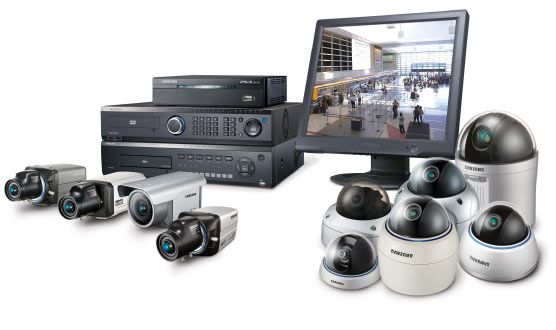Business IT Security & Support in High Wycombe and surrounds
Mimecast Secure Mail
Mimecast Email Security services are a critical defence to protect against advanced threats and data loss.
With our comprehensive enterprise-grade email protection, you and your organization can breathe easier.
Mimecast solves critical email security issues with:
- Targeted threat protection
- Spam and multi-layered malware protection
- Secure messaging and encryption
- Data leak prevention
- Secure large file sharing
The Mimecast cloud-based service means always-on, always up-to-date protection without the complexity and cost of traditional offerings. Added benefits of email cloud services provided by Mimecast include flexible and granular email security controls.
or call us now on 01494 328 866

Want to Secure Your IT Environment?
At Pure Technology we have worked with many UK businesses to help them assess their exposure to IT Security threats and put in place sound strategies to prevent them from happening.
Our IT Security services include:
- Data network security assessment
- Potential vulnerability assessments
- Risk consulting
- Unauthorised access prevention
- Sensitive data protection
- Endpoint security
- Managed firewalls services
- Email security
- 24/7 real time monitoring
or call us now on 01494 328 866
CCTV Installations
Security Camera Systems | Wireless and IP CCTV Cameras
We are a security camera system specialist and provide a full range of security cameras including CCTV cameras, security systems and network IP security cameras. We also offer full design and installation of our products.
As leaders in I.T. based surveillance solutions and equipment, Pure Technologies are pioneers in the industry. From cost effective solutions to advanced technology, we can customise a security camera system to suit your requirements.
or call us now on 01494 328 866

Frequently Asked Questions
This page is related to: IT security High Wycombe
Talk to Us
Simply contact us and we’ll get back to you shortly
Prefer to talk to someone? Give our team a call and they will be happy to answer any and all of your questions.